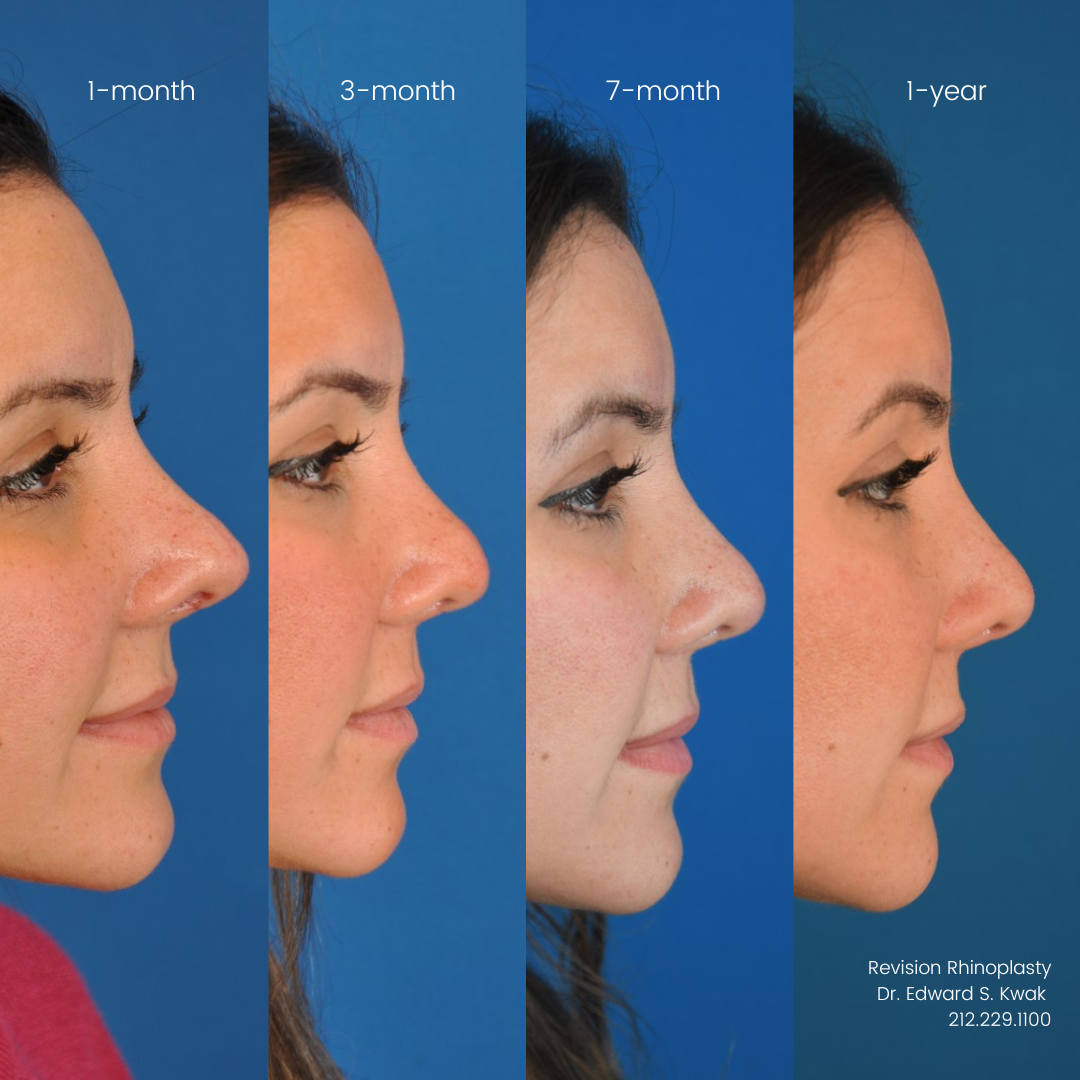Tooth Ache Solutions: Relieve Pain
Toothaches can be a major source of discomfort and pain, often disrupting daily life with their unexpected onset. The pain can range from a mild, dull ache to a sharp, piercing sensation that makes eating, drinking, or even breathing a daunting task. Understanding the causes and available solutions for toothaches is crucial for managing and relieving the associated pain.
Causes of Toothaches
Before diving into the solutions, it’s essential to understand what might be causing your toothache. Toothaches can stem from a variety of issues, including:
- Tooth Decay: Bacterial buildup leads to the formation of cavities, which can expose the dentin, a softer layer beneath the enamel, causing pain.
- Gum Disease: Inflammation of the gums (gingivitis) or infection of the tissues and bones supporting the teeth (periodontitis) can lead to toothaches.
- Cracked Teeth: A cracked tooth can be very painful, especially when the crack extends into the pulp, the innermost part of the tooth containing nerves.
- Dental Work: Sometimes, dental procedures such as fillings, crowns, or extractions can cause temporary pain or sensitivity.
- Grinding or Clenching Teeth: Habitual grinding or clenching can put excessive force on the teeth, leading to pain in the teeth, jaw, or facial muscles.
- Impacted Teeth: Teeth that do not have enough room to come in normally or that are growing in at an awkward angle can cause pain and discomfort.
Solutions for Toothache Relief
Fortunately, there are several remedies and solutions available to alleviate toothache pain. It’s crucial to note that while these solutions can provide relief, they are not a substitute for professional dental care. Persistent or severe toothaches should be evaluated by a dentist.
Home Remedies
- Salt Water Rinse: Rinsing your mouth with warm salt water several times a day can help reduce swelling and ease pain.
- Cold Compress: Applying an ice pack or a cold, wet washcloth to the outside of your cheek near the aching tooth can help numb the area.
- Over-the-Counter Pain Relievers: Pain relievers like ibuprofen (Advil, Motrin) or acetaminophen (Tylenol) can help manage toothache pain.
- Clove Oil: Applying a small amount of clove oil to a cotton ball and placing it against the affected tooth can provide temporary relief, thanks to its natural analgesic and anti-inflammatory properties.
Professional Dental Solutions
- Fillings: For cavities, a dentist can remove the decayed portion of the tooth and fill it with a suitable material.
- Root Canal: If the pulp is infected, a root canal might be necessary to remove the infected pulp and save the tooth.
- Extraction: In cases where a tooth is beyond repair, extraction might be the only option.
- Crowns: For cracked teeth, a crown can cover the tooth to protect it from further damage.
- Night Guards: Custom-made night guards can help protect teeth from grinding and clenching.
Preventive Measures
Prevention is the best way to avoid toothaches altogether. Regular dental check-ups, maintaining good oral hygiene by brushing and flossing daily, and avoiding sugary or acidic foods can significantly reduce the risk of tooth decay and gum disease.
The Role of Diet in Tooth Health
- Sugar and Acid:Limiting the consumption of sugary and acidic foods can prevent tooth decay and erosion of tooth enamel.
- Calcium and Vitamin D: Consuming foods rich in calcium and vitamin D (milk, cheese, leafy greens) can help strengthen teeth and bones.
- Fiber: A diet high in fiber can help clean teeth naturally and prevent the buildup of plaque.
Dental Care for Different Ages
Tooth care needs vary across different age groups. For children, regular check-ups and education on proper brushing and flossing techniques are crucial. Adults should maintain regular dental visits and consider preventive measures such as fluoride treatments. For seniors, maintaining dental health is vital, as aging can lead to greater risks of tooth decay and gum disease.
Advanced Dental Technologies
Modern dentistry has seen the introduction of various technologies aimed at making dental treatments more efficient, less painful, and more effective. Laser dentistry, digital radiography, and CAD/CAM restorations are examples of how technology is transforming dental care.
When to Seek Immediate Dental Attention
While managing toothache pain at home is possible, there are situations that require immediate dental attention, including:
- Severe toothache that interferes with daily activities
- Fever or swelling of the face
- Pus or discharge around a tooth
- A tooth that is loose or has been knocked out
Conclusion
Toothaches, though common, should not be taken lightly. Understanding the causes and recognizing the importance of professional dental care are key to effectively managing and preventing toothaches. By combining at-home remedies with regular dental check-ups and adopting good oral hygiene practices, individuals can significantly reduce the risk of experiencing the discomfort and pain associated with toothaches.
What are the common causes of toothaches?
+Toothaches can be caused by a variety of factors including tooth decay, gum disease, cracked teeth, dental work, grinding or clenching teeth, and impacted teeth. Each of these issues can lead to pain, ranging from mild to severe, and should be evaluated by a dentist for proper diagnosis and treatment.
How can I relieve a toothache at home?
+What are some preventive measures for toothaches?
+Preventing toothaches involves regular dental check-ups, maintaining good oral hygiene through daily brushing and flossing, limiting sugary and acidic foods, and considering preventive dental treatments like fluoride. A balanced diet rich in calcium and vitamin D can also contribute to strong teeth and overall oral health.
When should I seek immediate dental attention for a toothache?
+Seek immediate dental attention if you experience a severe toothache, fever, swelling of the face, pus or discharge around a tooth, or if a tooth has been knocked out or is loose. These symptoms can indicate serious conditions that require urgent dental care to prevent further complications and promote optimal recovery.
Can toothaches be a sign of a more serious condition?
+Yes, in some cases, toothaches can be symptoms of more serious dental or overall health issues. For instance, gum disease, if left untreated, can lead to more severe health problems. Similarly, an abscessed tooth can lead to more serious infections if not treated promptly. It’s crucial to have any toothache evaluated by a dental professional to determine the cause and appropriate treatment.

